College of Science, Engineering & Technology
Top talker about science

Trevor Simbayi (Master's student in Biotechnology, IDEAS) has made it to the finals of FameLab SA.
Unisa is excited to announce that Trevor Simbayi, a master’s student in Biotechnology at the Institute for the Development of Energy for African Sustainability (IDEAS), has made it to the finals of FameLab SA.
“Trevor is an amazing young man who is passionate about using his skills and research to provide energy to rural communities in Africa. Supplying energy to these communities frees up time for the women and children to spend on more uplifting actives such as education. His proposed idea also provides an ingenious solution to the waste management of hyacinth and other invasive aquatic species that are clogging our rivers and dams. We are very proud to work with Trevor and to support his vision and drive to help those less fortunate communities,” said Professor Diane Hildebrandt, Director of IDEAS.
The FameLab SA 2020 finalists were selected following an exciting series of heats that took place across the country. The international FameLab competition gives young scientists the opportunity to improve their skills and confidence to engage with the public.
The finalist
Trevor Malambo Simbayi is a master’s student in Biotechnology at the Institute for the Development of Energy for African Sustainability (IDEAS).
His talk was about the need to find alternative energy sources such as biogas from aquatic weed. Almost 80% of South Africa’s electricity supply is coal based. Coal power generation contributes about 60% of the carbon dioxide emissions in South Africa and poses an environmental problem.
“Greenhouse gasses contribute to global warming and fossil fuels such as coal, which we depend on, are not only detrimental to the environment but are also depleting worldwide,” said Simbayi. This contributes to the power cuts that South Africa and other countries over the world experience.
As a way of producing a clean and sustainable form of energy, Simbayi’s research project proposes the use of aquatic weeds such as the water hyacinth or the red water fern. Aquatic weeds cause problems in water bodies. For example, the water hyacinth, at times, prevents economical activities at the Roodeplaat Dam. In addition, aquatic weeds cause the depletion of dissolved oxygen in water, which leads to fish dying.
If harvested and stockpiled, these aquatic weeds release methane, a greenhouse gas 21 times worse than carbon dioxide in its global warming potential.
Simbayi’s project proposes the use of aquatic waste as an alternative feedstock for energy production through a process called anaerobic digestion, which produces a flammable gas called biogas. Biogas can be used to generate energy for cooking and electricity. The use of aquatic weeds will clean up the environment and produce stable green electricity.
*By Thembeka Ntuli-Mpapama, Communication and Marketing Specialist, College
Publish date: 2020/05/26
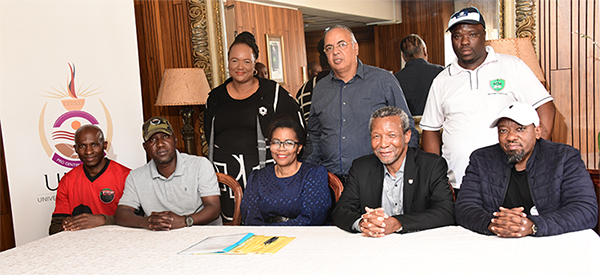
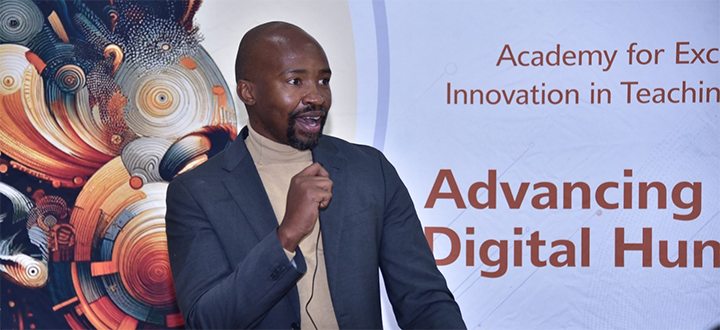 Unisa launches unique digital humanities initiative
Unisa launches unique digital humanities initiative
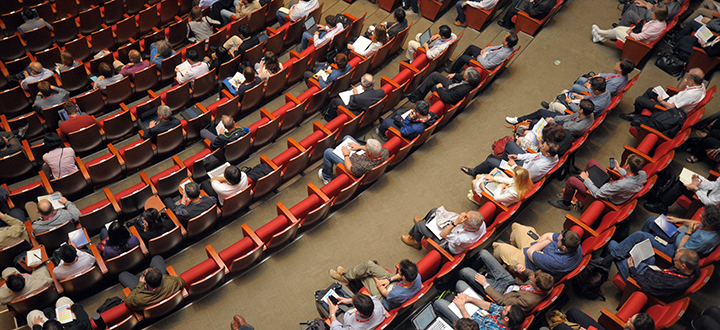 Unisa Catalytic Niche Area Research Symposium seeks to demystify misconceptions about expectations and research in the CNAs
Unisa Catalytic Niche Area Research Symposium seeks to demystify misconceptions about expectations and research in the CNAs
 Unisan's input key to successful National Risk Report
Unisan's input key to successful National Risk Report
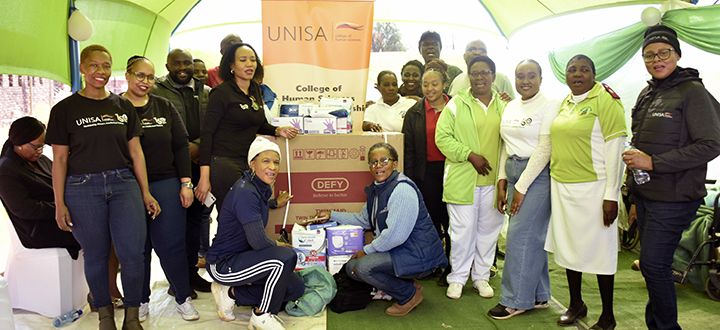 Unisans commemorate Mandela Day with the elderly
Unisans commemorate Mandela Day with the elderly
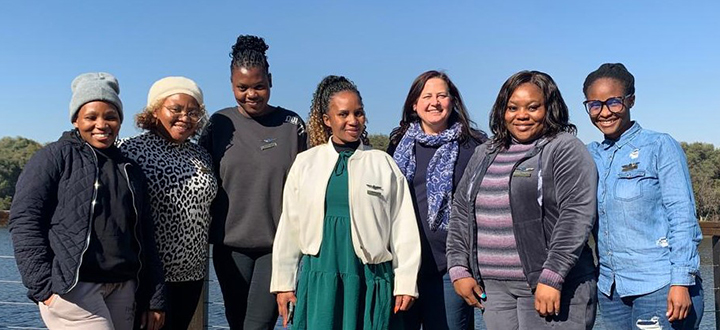 Open opportunities for women in the drone industry as Drone Divas continue on their journey
Open opportunities for women in the drone industry as Drone Divas continue on their journey